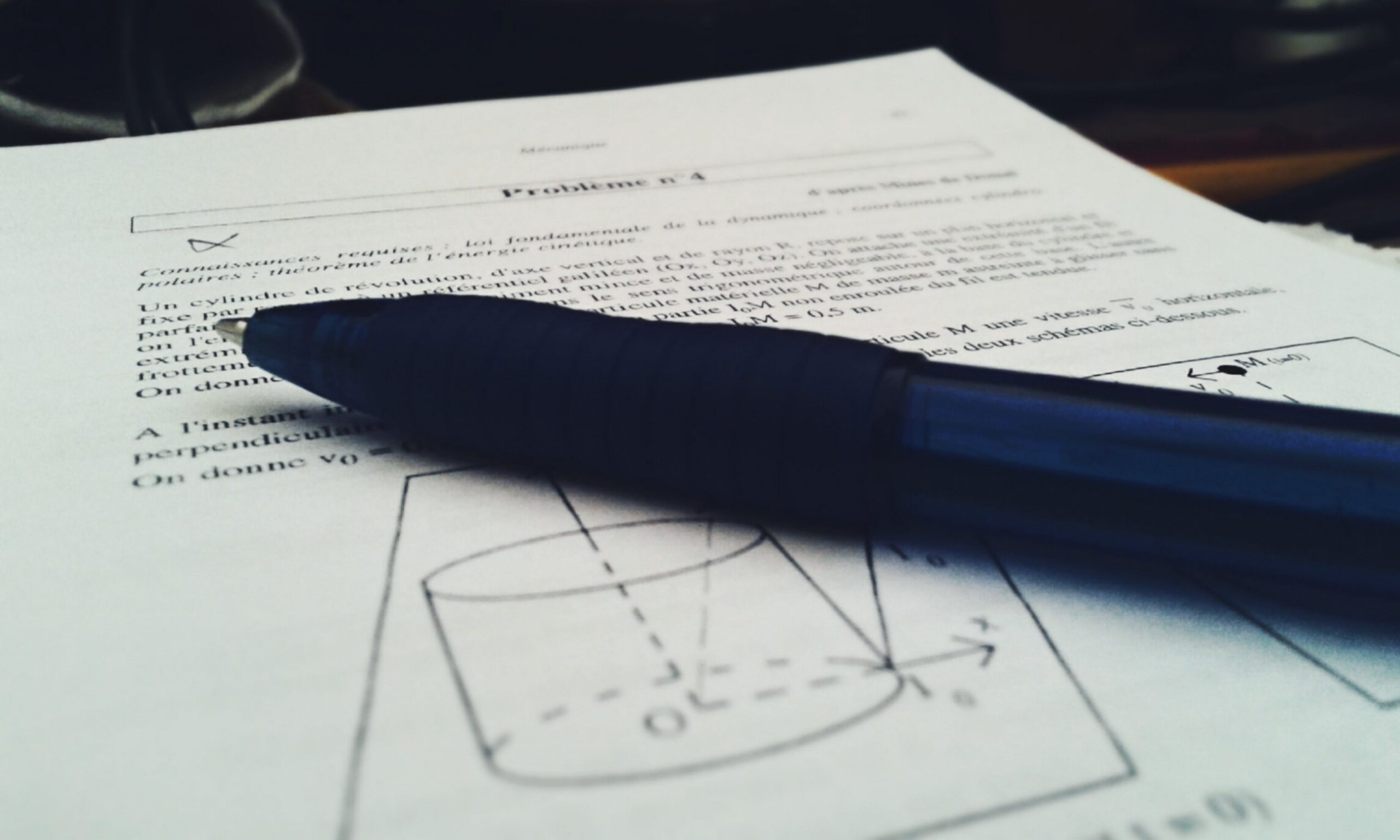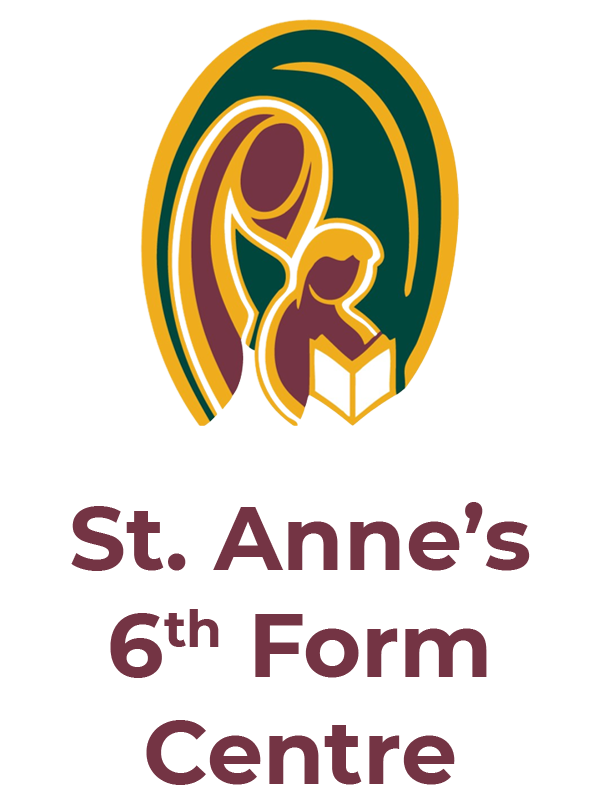Physics A Level
DEPARTMENT STAFF
Subject Leader: Mr R Thompson
KS5 Subject Teachers: Mrs S Smith, Mr N Hassell
DEPARTMENT STAFF
Subject Leader: Mr R Thompson
KS5 Subject Teachers: Mrs S Smith, Mr N Hassell
We use AQA as our exam board, just like we do at GCSE, so A Level Physics builds on this very successfully.
Topics studied are: Measurements and errors Particles and radiation Waves Mechanics and energy Electricity Further mechanics and thermal physics Fields Nuclear physics An optional topic: Astrophysics, Medical Physics, Engineering Physics, Turning Points or Electronics. At St. Anne’s we usually choose Turning Points.
Physics is a practical subject. Throughout your course you will carry out a range of practical activities, including, Investigating the diffraction of laser light, measuring acceleration due to gravity, the safe use of ionising radiation, and many more. Practical Skills are assessed throughout the course, and you will steadily improve your practical skills, becoming proficient at planning and carrying out experiments safely, and you will be able to analyse and interpret your results, drawing relevant conclusions. Practical skills are graded as Pass or Fail.
Assessment: A Level Physics is a linear course with three exams, all two hours long, at the end of Year 13.
Entry qualifications: Five Grades 9-5 at GCSE including Mathematics and Grade 7-6 in Combined Science Trilogy or 7-6-6 in the Separate Sciences Practical Skills

Students who study physics go on to study these degrees: Computer Science, Civil Engineering, Aeronautical Engineering, Economics, Business, Physics, Mathematics, Mechanical Engineering and Chemical Engineering.
Possible Careers: Meteorologist, Product Development Scientist, Healthcare Scientist, Seismologist, Geophysicist, Secondary School Teacher, Financial Analyst, Stockbroker, Management Consultant, University Lecturer, Radiation Protection Scientist, Nuclear Physicist, Research Scientist, Structural Engineer, Mechanical Engineer, Chemical Engineer, Technical Writer, Computer Programmer, Software Developer, Systems Analyst and many more
Further Reading:
Rachel Ignotovsky – Women In Science: 50 Fearless Pioneers Who Changed the World
Carlo Rovelli – Seven Brief Lessons on Physics
The Institute of Physics have material tailored towards students, including some resources on careers relating to physics: http://www.iop.org/tailored/students/
Trips & Extra Curricular Club/Activities: The annual trip to Cern in Switzerland is always a highlight of the A Level Physic course. We have also been to a Robotics lecture in London, the Royal Society’s Summer Exhibition, and we have after school classes. Students have also taken part in projects with primary schools where they plan and deliver lessons to young students to enthuse and inform them about physics.
